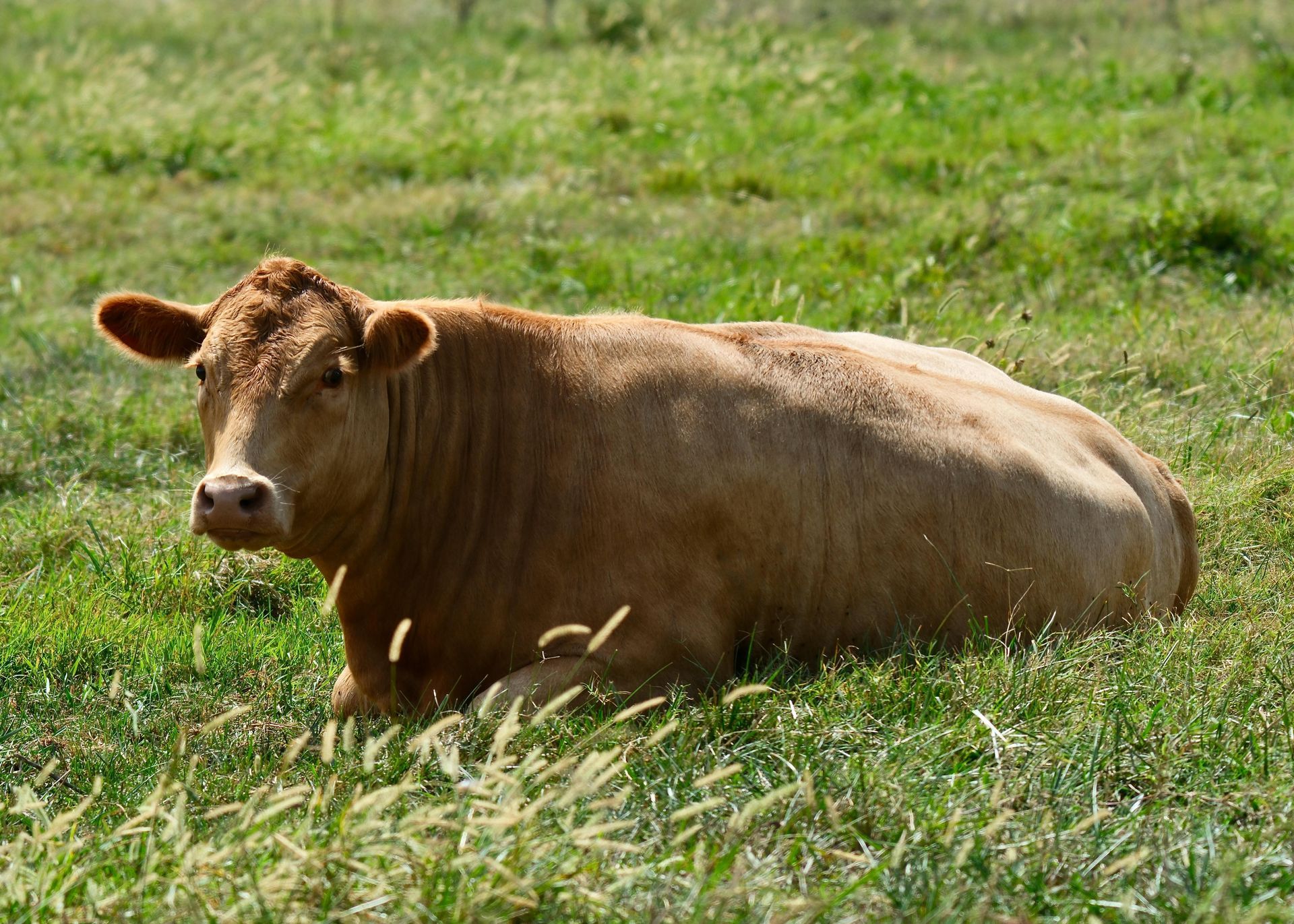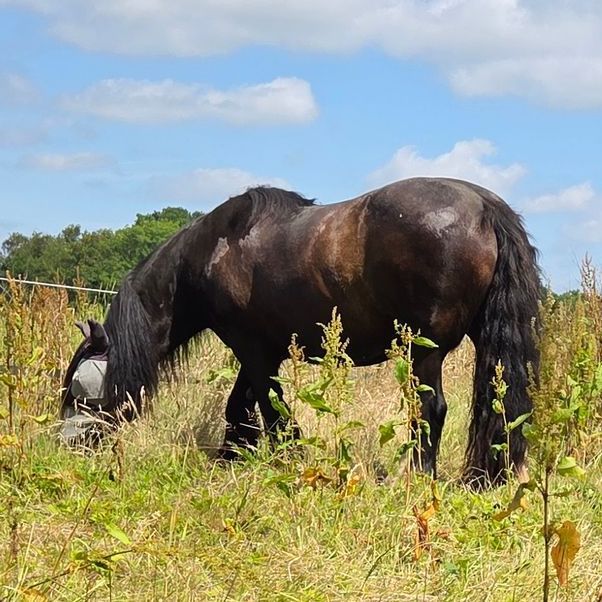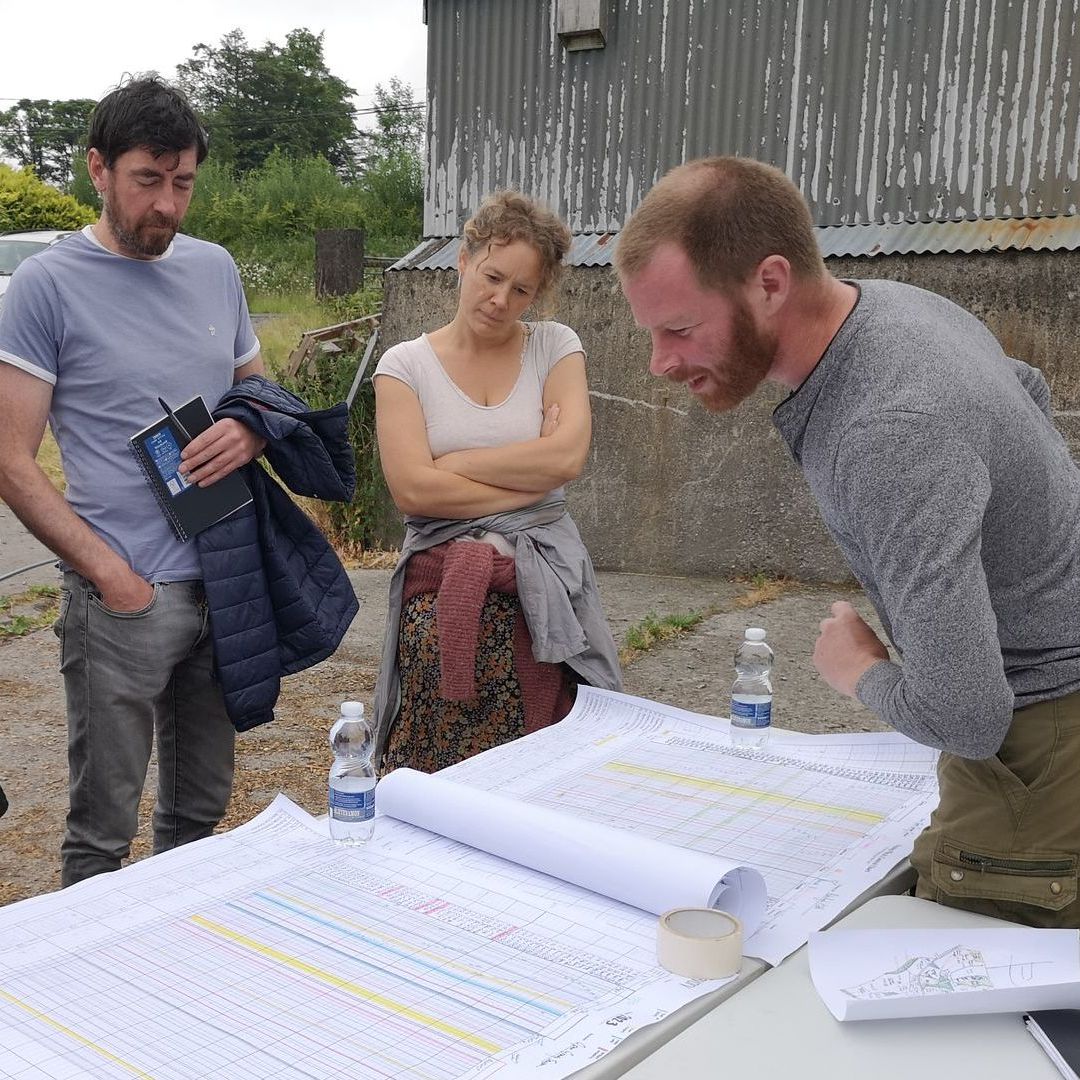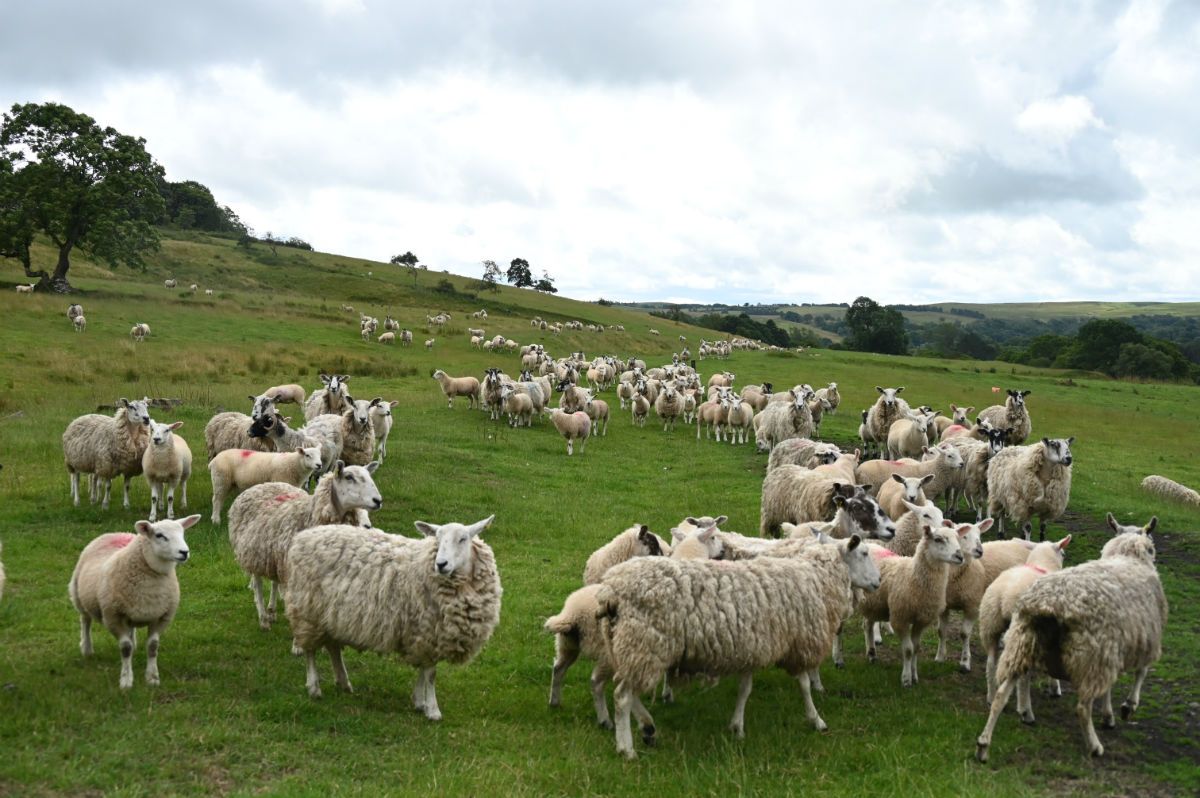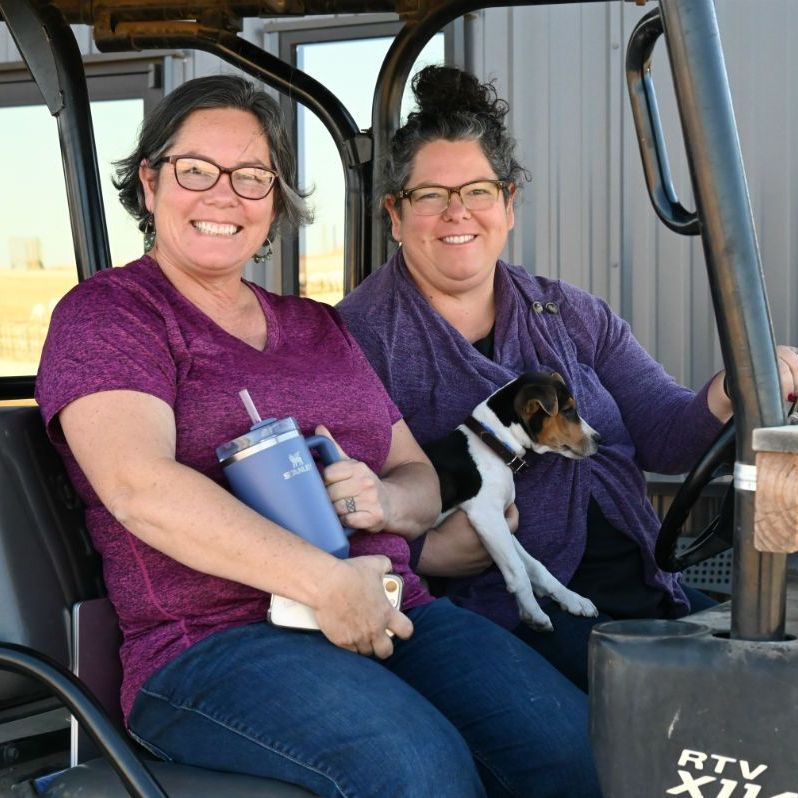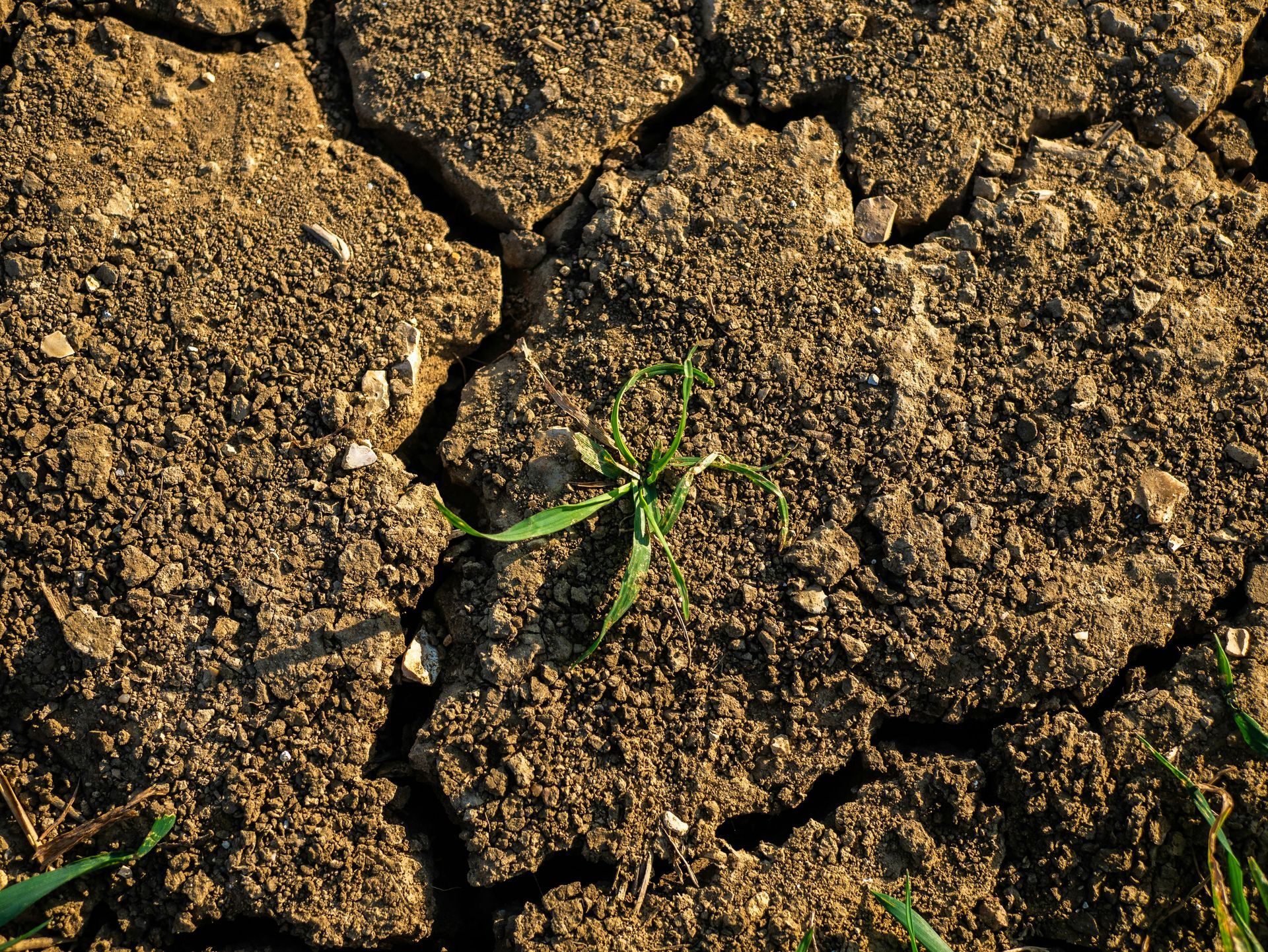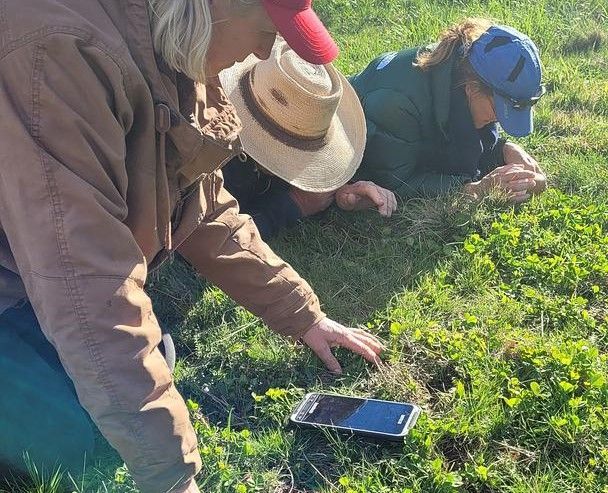Catchment If You Can: Transcending the Input Trap
Holistic Management Training Series: Regenerating Land and Livelihoods within Water Catchments
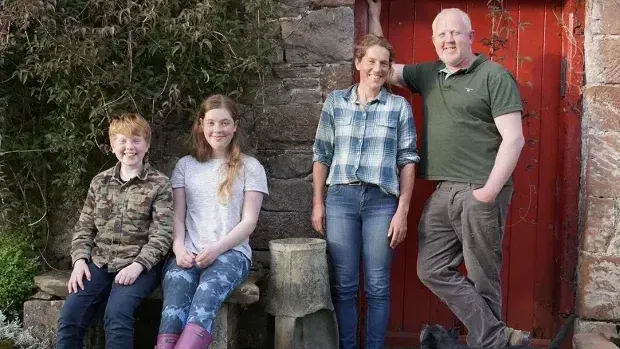
🌿 Practical Training
As England prepares to reward farmers for cleaning up waterways and collaborating at the catchment level, a new training series offers the tools to meet this moment with clarity, confidence, and community.
Hosted in collaboration with Torpenhow Organic—a regenerative, pasture-fed organic farm on the northern edge of the Lake District—this modular Holistic Management training provides insights and inspiration to those who contribute to the achievement of the ecological, social, cultural and personal outcomes within their social context. Learn how to ensure that all decisions, actions and policies are aligned with the quality of life that is desired. The scope of this work extends from the soil to the soul.
Whether you're a farmer, advisor, ecologist, policymaker, councillor or simply a concerned citizen, this series will help you make better decisions for your land, your livelihood, and the ecosystems we all depend on.
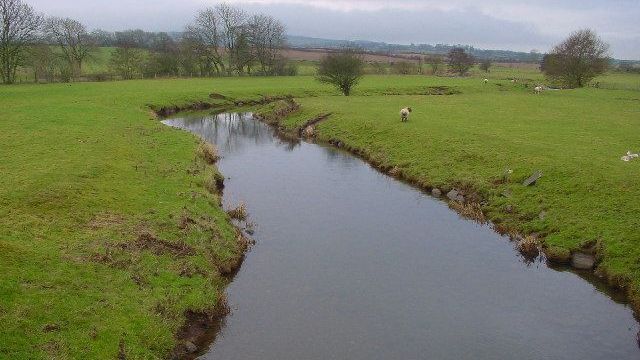
📅 Training Schedule & Pricing
We wish to enable as many people as possible to discover the significance of managing catchments holistically, so we are offering Course 1 Holistic Management Fundamentals at a special introductory rate of £375 per person (regularly £475).
For those who wish to go further and subscribe to the entire series, we offer a £400 discount, and the possibility of payment in five £300 monthly instalment payments without interest. The series enables the participant to begin the process of becoming an Accredited Professional with the Savory Institute.
Each course builds on the last, culminating in Course 4 with a bespoke session on Holistic Policy Development for catchment-level collaboration.
| Course | Dates (All are Tuesday through Thursday) | Focus | Price | Special Introductory Price |
|---|---|---|---|---|
| Course 1: Holistic Management Fundamentals | 30th of September – 2nd of October 2025 | Whole-system decision-making | £475 | £375 (Save £100) |
| Course 2: Holistic Financial Planning | 2nd–4th of December 2025 | Profitability with purpose | £475 | |
| Course 3: Holistic Planned Grazing | 20th–22nd of January 2026 | Regenerative livestock management | £475 | |
| Course 4: Holistic Ecological Monitoring, Land Planning & Policy Development | 3rd–5th of February 2026 | Monitoring ecological outcomes & designing resilient infrastructure & policy | £475 | |
| TOTAL | £1,900 | |||
| Buy the series | £1,500 (Save £400) |
🛠️ Bespoke Curriculum with a Catchment Focus
This training follows the Savory Institute’s Holistic Management curriculum, adapted for the UK’s wet climate and policy landscape. On the final day, participants will explore Holistic Policy Setting—applying systems thinking to water stewardship, land planning, and public incentives.
This is especially timely as England rolls out new payments for farmers who improve water quality on their land. The shift toward
catchment-level collaboration means land managers must think beyond boundaries—and Holistic Management provides the framework to do just that.
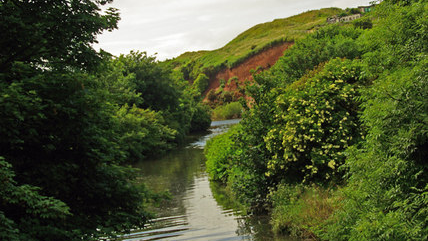
💧 Why Water Matters
Healthy soil is the foundation of clean water. Consider this:
- 1 gram of soil carbon can hold up to 10 grams of water—making soil a natural sponge that buffers against droughts and floods.
- Regenerating the soil carbon sponge improves water retention, filters pollutants, and restores the water cycle.
By managing land holistically, we can reduce runoff, improve biodiversity, and build resilience—all while increasing yields and reducing stress.
🌱 Who Should Attend?
This training is for anyone committed to regenerating landscapes and stewarding natural resources wisely:
- Farmers seeking to improve soil health, profitability, and resilience
- Farm advisors supporting transitions to regenerative practices
- Landowners managing estates or conservation areas
- Ecologists interested in whole-system approaches to biodiversity
- Policy makers & councillors ensuring ecological, cultural and social outcomes
- Concerned citizens passionate about food, water, and climate solutions
Course Overviews
Course 1: Holistic Management Fundamentals, SKU696
Tue 30 Sept – 2 Oct 2025
This course is for all members of society. Learn the building blocks of Holistic Management to seamlessly manage social, ecological, and economic outcomes. Develop your own Holistic Context and gain practical experience in whole-system decision-making
Outcomes:
- Discover the root cause of regenerative habitats
- Learn the first principles of regenerating soil and reducing inputs
- Naturally mitigate flood and drought
- Define your desired Quality of Life
- Discern actions, tools and methods to sustain your desired Quality of Life
Course 2: Holistic Financial Planning, SKU697
Tue 2–4 Dec 2025
Use a proven, cash-based planning process to align your finances with your ecological and social goals. Learn how to focus resources, reduce debt, and increase profitability.
Outcomes:
- Build a financial plan for your whole operation
- Conduct Gross Profit Analysis for each enterprise
- Make money while improving land health
Course 3: Holistic Planned Grazing, SKU698
Tue 20–22 Jan 2026
Design a grazing plan that improves livestock health, increases biodiversity, and eliminates costly inputs. Learn to account for weather, wildlife, crop rotations, and family needs.
Outcomes:
- Increase grass productivity and stocking rates
- Improve animal performance and plant density
- Reduce reliance on external inputs
Course 4: Holistic Ecological Monitoring & Land Planning, SKU699
Tue 3–5 Feb 2026
Monitor your land for early signs of change and design infrastructure that supports long-term regeneration. Includes a special focus on
Holistic Policy Setting for catchment-level collaboration.
Outcomes:
- Learn Basic and Comprehensive Monitoring Procedures
- Create a holistic land plan with flexible infrastructure
- Align with new policy incentives and funding streams
🎓 Pathway to Accreditation
Participants who complete this full training series will be on their way to pursuing Accredited Professional status with the Savory Institute. This designation enables you to train, consult, and support other land stewards in applying Holistic Management across diverse contexts.
Accreditation includes:
- Mastery of Holistic Management foundations and ecosystem processes
- Proficiency in holistic decision-making and land planning
- A final review with a certified Savory Master Trainer
- Registration with the Savory Institute as an Accredited Professional
This pathway is ideal for those who wish to lead change at scale, support regenerative transitions, and contribute to a growing global network of practitioners.
🌍 Join a Movement of Earth Regenerators
This training is offered by 3LM, the Savory Network hub for the UK and Ireland. We teach Holistic Management for our temperate climate—empowering land stewards to achieve their desired economic, social, and ecological outcomes. Together, we can regenerate landscapes, restore water cycles, and build thriving rural communities.
